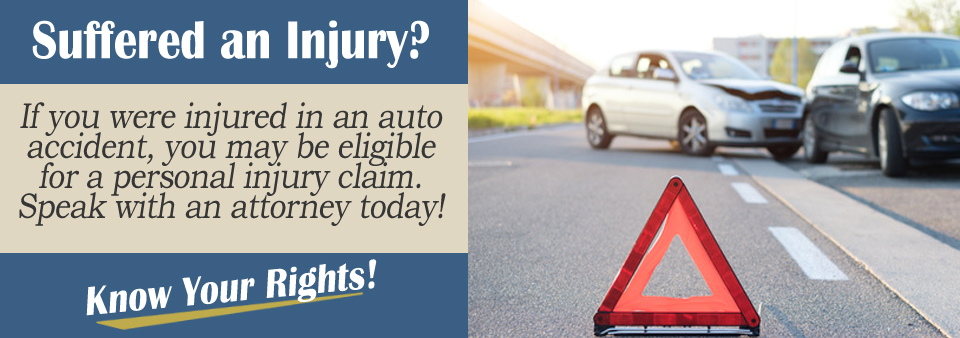Some drivers take risks when trying to overtake, often using the shoulder to pass the car in front. This type of behavior can easily lead to a bad accident as the shoulder is rarely wide enough for a safe passing maneuver. Whenever a car accident of this type occurs there are often injuries which require medical treatment. Who pays for any car accident medical bills depends on which state you are in, how much personal medical insurance you might have and whether you can claim compensation from the at-fault driver. This invariably tends to be the person who tried to pass you on the shoulder.
Who Pays for Medical Treatment?
Passing on shoulder car accident injuries tend to be quite serious because they happen while both cars are traveling at higher speeds. The most common impact is at the side. Passengers may be injured more seriously than the driver, but if the car being passed is forced into an adjacent lane, it could mean potentially catastrophic injuries due to being hit by another car in that lane. Medical and other costs related to the accident could be anything from several thousand dollars to half a million or more.
Typically, medical expenses may be paid using your own medical insurance if you have any. This will be compulsory in a no-fault state, but a serious injury could mean you may still need to pursue a personal injury claim to cover the excess costs over and above your cover.
In a fault state you have the right to claim compensation from the at-fault driver, but may still need to pay medical costs up front while the claim is being pursued.

States That Have No Fault Insurance
There are 12 states that make personal injury protection (PIP) insurance compulsory. In these states, like New Jersey or North Dakota, there is a minimum amount of PIP insurance which you must take out as a car driver. You can take out more cover over and above the minimum PIP insurance if you wish or take out MedPay as an addition to your insurance portfolio.
Note that PIP insurance will pay car accident medical expenses up to the amount of cover in your policy including lost wags due to your injuries, but it does not cover the cost of repairing or replacing your car. If you or a passenger in your car was badly injured and your car badly damaged or totaled, you may still be allowed to pursue a personal injury claim if you can prove that the other driver was at fault.
States That Do Not Have No Fault Insurance
Unlike no-fault states, the remaining 38 states allow you to claim compensation or sue an at-fault driver after a car accident. You may still need to claim medical treatment costs from your own insurance provider if you took out MedPay or PIP insurance as it can take many months, sometimes years, or never, to successfully obtain compensation in a personal injury claim. The benefit of a personal injury claim is that you can claim more than just the cost of medical treatment, lost wages and property damage, whereas MedPay is limited to medical costs only and PIP does not cover the cost of repairing or replacing your damaged car.
Get a Free Case Evaluation Today